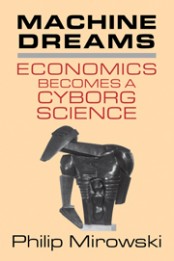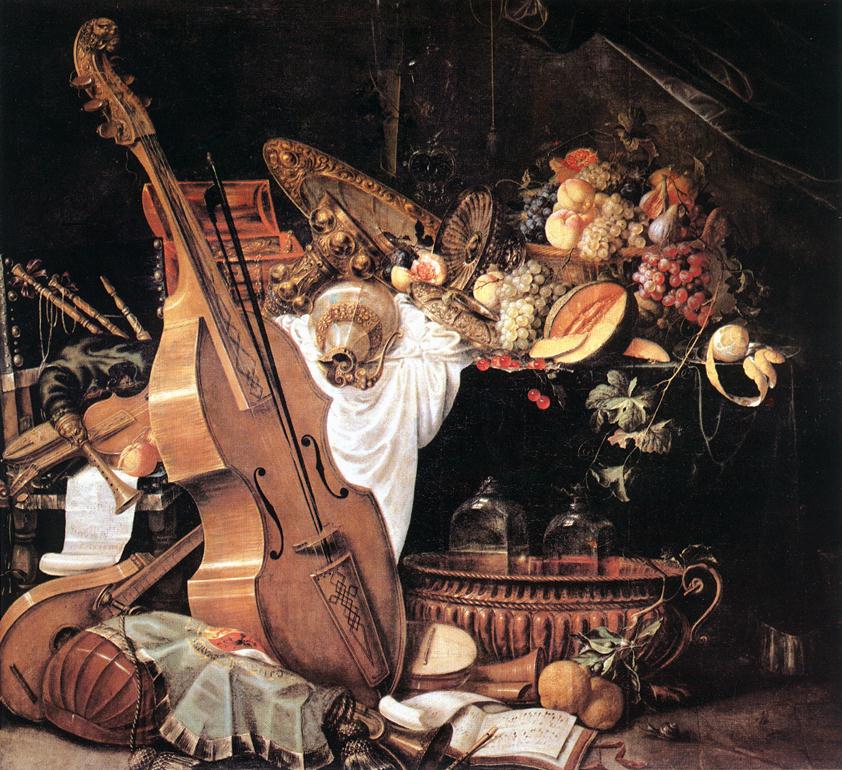A certain strain of neoclassical economics holds that subjective individual preferences have no ultimate analytical significance. This is the ideological upshot of a laissez-faire attitude toward taste: All tastes are just residual, a revealed preference for x over y, and the difference between x and y is immaterial, a local phenomenon beneath study. It has the illusion of significance to the individual, but from the Olympian perspective required to grapple with human socioeconomic behavior, it's just noise.
One of the tragedies of getting old is seeing this perspective confirmed in the indifferent destinies of commodities that were once far more than mere commodities to you. Distinctions that seemed crucial, epochal, even existential, are slowly eroded until you are forced to admit to yourself that maybe they never existed at all. Or at best, the distinctions were not ontological, not in the intrinsic nature of the things you cared about, but were instead historically contingent. Which in turn means your sense of self, the differences that were so salient and so definitive of how you thought of yourself, were also contingent, historical artifacts.

But of course, that nascent sense of personal uniqueness and destined escape was wholly internal to the suburban experience; it was part of the program, an essential component of what detached houses and cars and the rest of it inculcated. With its veneer of conformity, suburbia imparts a sense of aggrieved, threatened individuality, but more important, it gives its children a constitutive myopia about it, making it impossible for them to see that the ambitious discontentedness, the certitude that one is far more special than the mediocrity of shopping malls and chain restaurants and the rest, is part of the code for reproducing the suburbs, not a disruptive mutation. In short, it would be weird if you didn't feel alienated. Radical alienation is the first step toward cynicism and pliancy. You meet people at a high school reunion and discover that actually you all hated the same thing back then — yourself. It just got expressed in different ways: listening to Van Halen, listening to U2.
One of the first and more memorable moments that I had a premonition of what being old would be like was when I came back to college in January 1992 after a holiday break. I was at a party and the customary Steve Miller Band songs were blasting, and then suddenly, with no fuss, Nirvana was playing. I felt instantly as if I had been completely exposed. I thought there was something special about being into a certain kind of music — and Nirvana in the summer of 1991 was very much that music. It was supposed to be a bulwark against being perceived as mediocre. Suddenly I saw that the distinctions I was investing myself in were always already unimaginative, insignificant — superficial distractions that had preoccupied me and protected me from pursuing some other kind of self-knowledge. The future didn't promise escape but re-enclosure and surrender. The escape routes you learned were already traced on commercial maps. They led deeper into enemy territory. You wake up to discover that you are in fact enlisted in the enemy's army.
Moreover, at that moment "Smells Like Teen Spirit" was playing, I saw instantly that the distinctions that made me in my mind who I was didn't really belong to me, and they could be wiped away in an instant, by some frat bro playing a certain CD on his boombox. I realized I didn't even know what could belong to me, in that sense. I had an intimation of that bitter-old-man insight that there is in fact no distinction to be found in consuming and projecting allegiance to those sorts of commercial products. I was lifted up for a moment to the bleak promontory from which I could see that all those cultural commodities are basically the same. It was terrifying, because from that perch one can see the higher one, from which all "individuals" are essentially the same mortal creatures, preoccupied with distinctions that are indistinguishable from the perspective of eternity. And now a Beastie Boy is dead.
